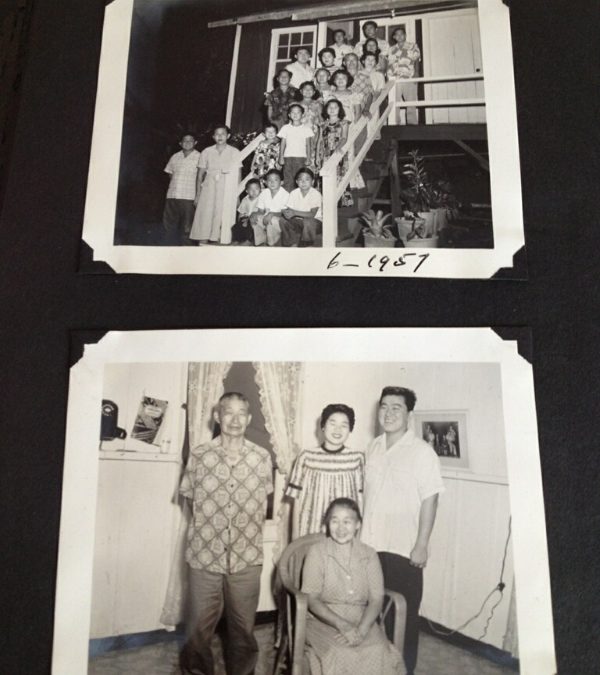Anyone interested in doing business in Hawaii should read a book called “Land and Power in Hawaii” written by George Cooper, originally published in 1985. You might be saying, Kyle, it’s 2021, what can I possibly find useful about a book published 35 years ago about a period from the 1950’s to the 1980’s? My answer is that the mindsets, cultures, norms, and power structures of the past are still pervasive today and much of that comes from the plantation culture (sugar and pineapple) that one, two and three generations later still have influence in Hawaii’s norms and culture. Of course, time changes things, but it’s still there to some extent.
To me, the Plantation Past (I’ll say Past instead of History just because everyone’s definition of what is old is different – example, what is Old Hawaii to you? A favorite interview question of mine.), is what defined my father’s young adulthood. So, for me trying to piece together his past and the reason I was raised a certain way, I had to learn about the Plantation era. By the time I got interested in this past, my dad had mid and advanced stage dementia, so this was even more difficult. Luckily, I had an older cousin Duane who was retired to take me to the site of the Plantation Camp in the foothills of the West Maui mountains above Lahaina. I asked Duane, what was Old Hawaii to you, and he said, it was watching his dad (he was Japanese ethnicity) go fishing with Native Hawaiians in the bay (whereas since I’m younger, watching the original Hawaii Five-O was Old Hawaii).
There are still people out there who lived this era. There are, or recently was, pockets of Plantation life still around especially on the Neighbor Islands. If this is part of your history, I hope you can help save it for yourself and future generations. It would be an honor if MemoryVideo.com could help you.
Note from the MemoryVideo.com Team: We wanted to bring awareness to interesting history and periods of time. Some people will want to learn more, either because of a love from history or it is a part of their family heritage.

